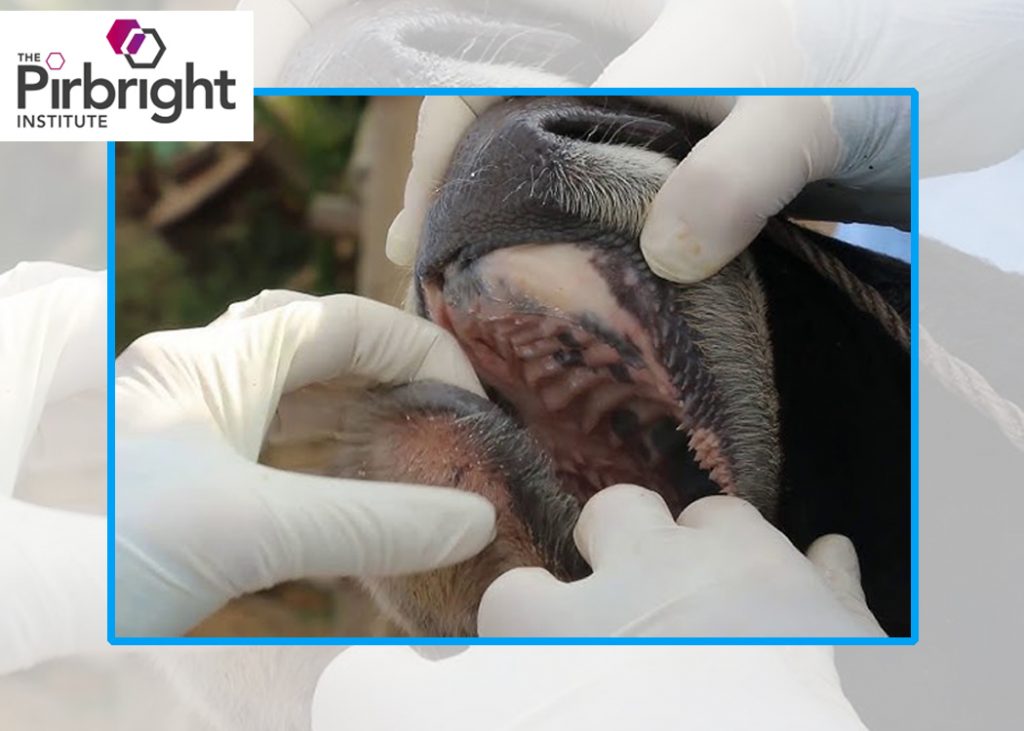
AVN Monitoring Desk
LONDON: The Pirbright Institute and ProImmune will collaborate to accelerate animal health research by developing target-binding reagents, according to a press release issued by the Pirbright Institute, UK.
ProImmune’s innovative Ankyrons™, which are small recombinant proteins made up of ankyrin repeats, are selected in vitro from a trillion-clone library using ribosome display.
These proteins can bind with high affinity to nearly any target, providing a powerful and versatile alternative to traditional antibodies.
With enhanced specificity, sensitivity, and reproducibility, Ankyrons™ are poised to revolutionise cell behaviour studies in biomedical science. They can be targeted against all structural proteins, offering a cost-effective solution compared to the development of custom antibodies.
The collaboration aims to create new Ankyrons™ for critical veterinary research applications where traditional antibodies have been unavailable.
ProImmune has already supplied Pirbright with novel Ankyrons™ for further research and validation, targeting a wide range of proteins from bovine, porcine, avian, and mosquito species, as well as key animal disease targets, including foot-and-mouth disease and African swine fever.
Prof John Hammond, Director of Research at the Pirbright Institute, says, “This partnership offers mutual benefits in addressing global animal health challenges. Multiple research groups at Pirbright are working with ProImmune to develop cutting-edge Ankyrons™ for diverse organisms, from mammals to insects and viral proteins.”
Linda Tan, Chief Scientific Officer at ProImmune, added, “Ankyrons™ provide researchers with superior tools for understanding biology. Our collaboration has demonstrated that we can rapidly deliver novel Ankyrons™ for numerous targets in areas previously underserved by existing research tools. We anticipate that this technology will significantly advance the study of biology across species.”
The partnership between ProImmune and the Pirbright Institute aims at progress in addressing global health challenges by providing new resources for researchers worldwide focusing on animal physiology and disease.





